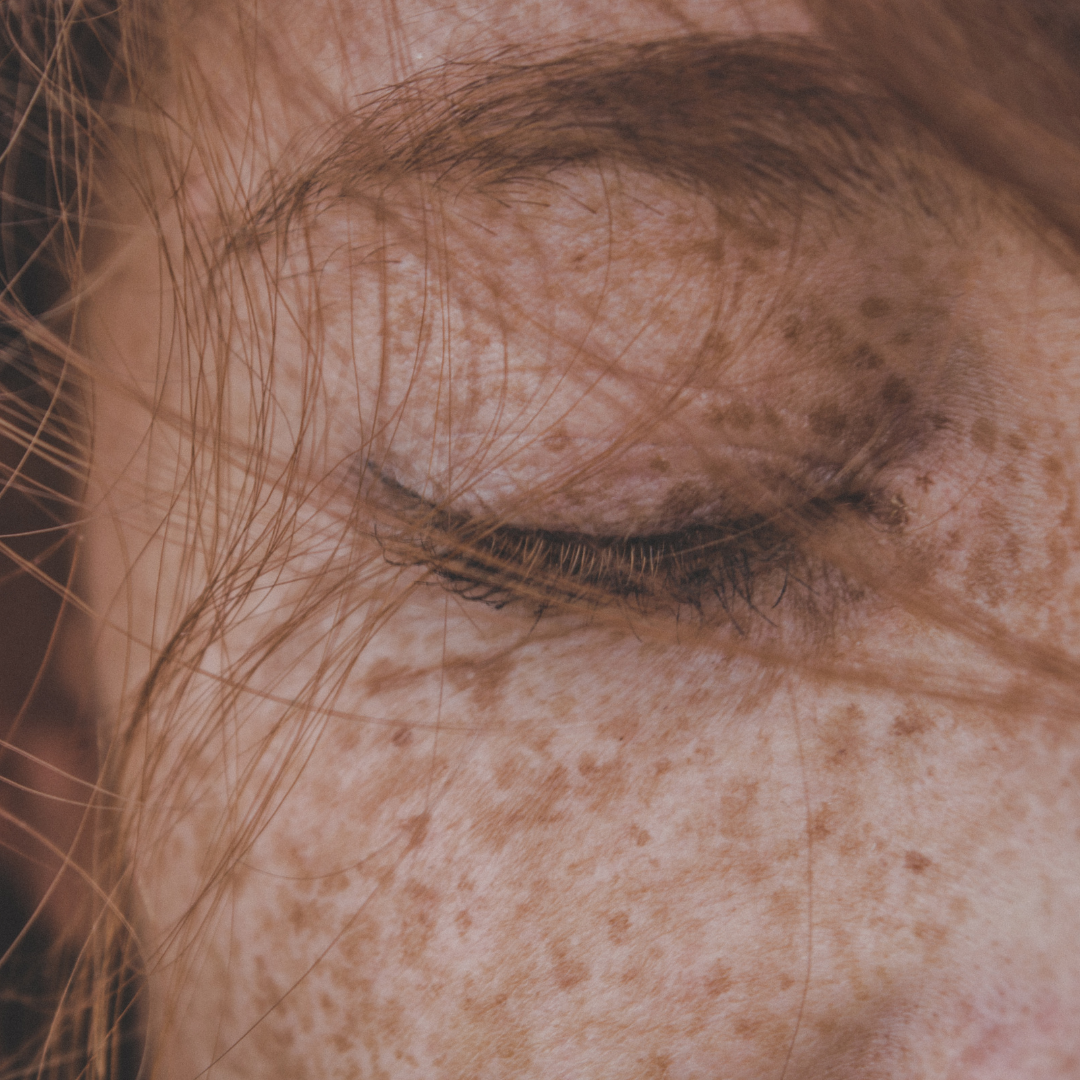Natural Ayurvedic Remedies for Common Skin Problems

Ayurveda, the ancient Indian system of medicine, offers a wealth of knowledge and natural remedies to address common skin problems. Rather than relying on synthetic products, Ayurvedic remedies focus on holistic healing and nourishing the skin using herbs, oils, and other natural ingredients. In this blog, we will explore some of the most common skin problems and discover effective Ayurvedic remedies to promote healthy and radiant skin.
Acne and Breakouts:
Acne is a common skin problem that can be caused by various factors, including hormonal imbalances, excessive oil production, and bacterial infections. Ayurveda suggests several natural remedies to treat acne and breakouts. One effective remedy is applying a paste of turmeric and neem leaves to the affected areas. Turmeric has powerful antibacterial and anti-inflammatory properties, while neem helps purify the skin and control oil production. Additionally, consuming neem capsules or drinking neem tea can help cleanse the body from within and reduce acne flare-ups.
Dry and Dehydrated Skin:
Dry skin can be uncomfortable and prone to itching, flaking, and premature aging. Ayurvedic remedies focus on nourishing and moisturizing the skin to restore its natural balance. Regular application of aloe vera gel, known for its hydrating and soothing properties, can provide relief to dry skin. Another excellent remedy is using almond oil or sesame oil for body massage. These oils deeply moisturize the skin, improve its texture, and help retain moisture. Consuming healthy fats like ghee (clarified butter) and incorporating fruits and vegetables with high water content into your diet can also promote hydration from within.
Pigmentation and Dark Spots:
Hyperpigmentation and dark spots can be caused by factors like sun exposure, hormonal changes, and aging. Ayurvedic remedies aim to lighten pigmentation and even out the skin tone. One effective remedy is applying a paste of sandalwood powder and rose water to the affected areas. Sandalwood has cooling and skin-lightening properties, while rose water helps soothe and tone the skin. Another remedy involves mixing lemon juice and honey and applying it as a mask. Lemon juice acts as a natural bleaching agent, while honey nourishes and moisturizes the skin. However, it's essential to do a patch test before applying lemon-based remedies, as it may cause skin sensitivity in some individuals.
Eczema and Psoriasis:
Eczema and psoriasis are chronic inflammatory conditions that can cause itching, redness, and skin rashes. Ayurvedic remedies focus on reducing inflammation and promoting skin healing. Applying aloe vera gel or a mixture of coconut oil and turmeric to the affected areas can provide relief from symptoms. Neem oil is also beneficial for eczema and psoriasis due to its anti-inflammatory and antifungal properties. Consuming herbal teas like chamomile, turmeric, or licorice can help soothe internal inflammation and support skin health.
Dull and Lifeless Skin:
If your skin appears dull and lacks luster, Ayurvedic remedies can help rejuvenate and restore its natural radiance. One effective remedy is using a face mask made from chickpea flour (besan) and yogurt. Chickpea flour exfoliates dead skin cells, while yogurt moisturizes and brightens the skin. Additionally, incorporating herbs like triphala, brahmi, or manjistha into your diet or consuming them as herbal supplements can promote detoxification and enhance skin radiance.



